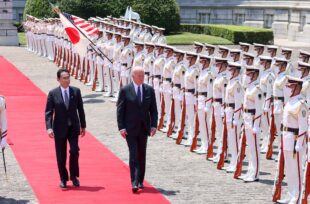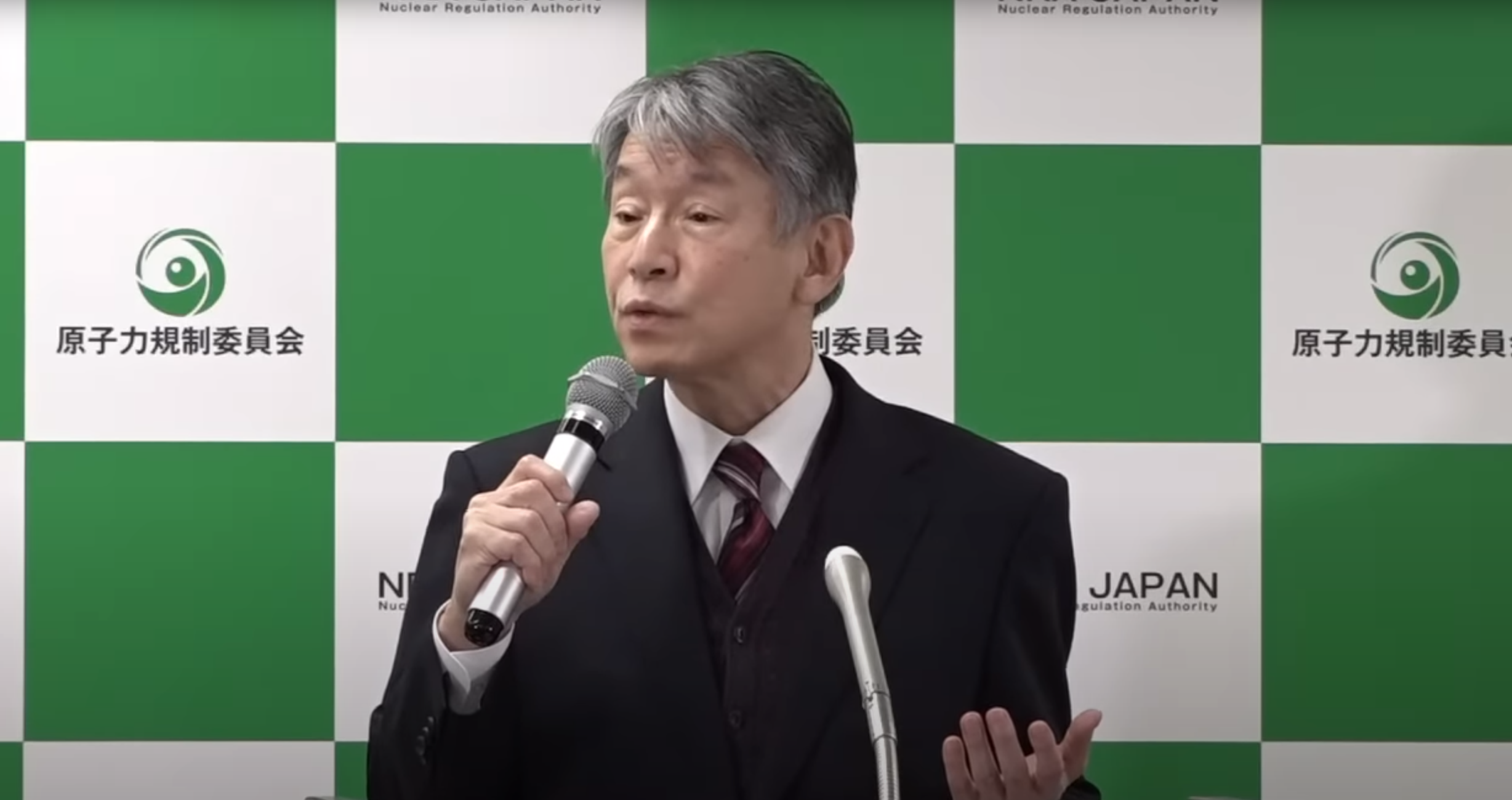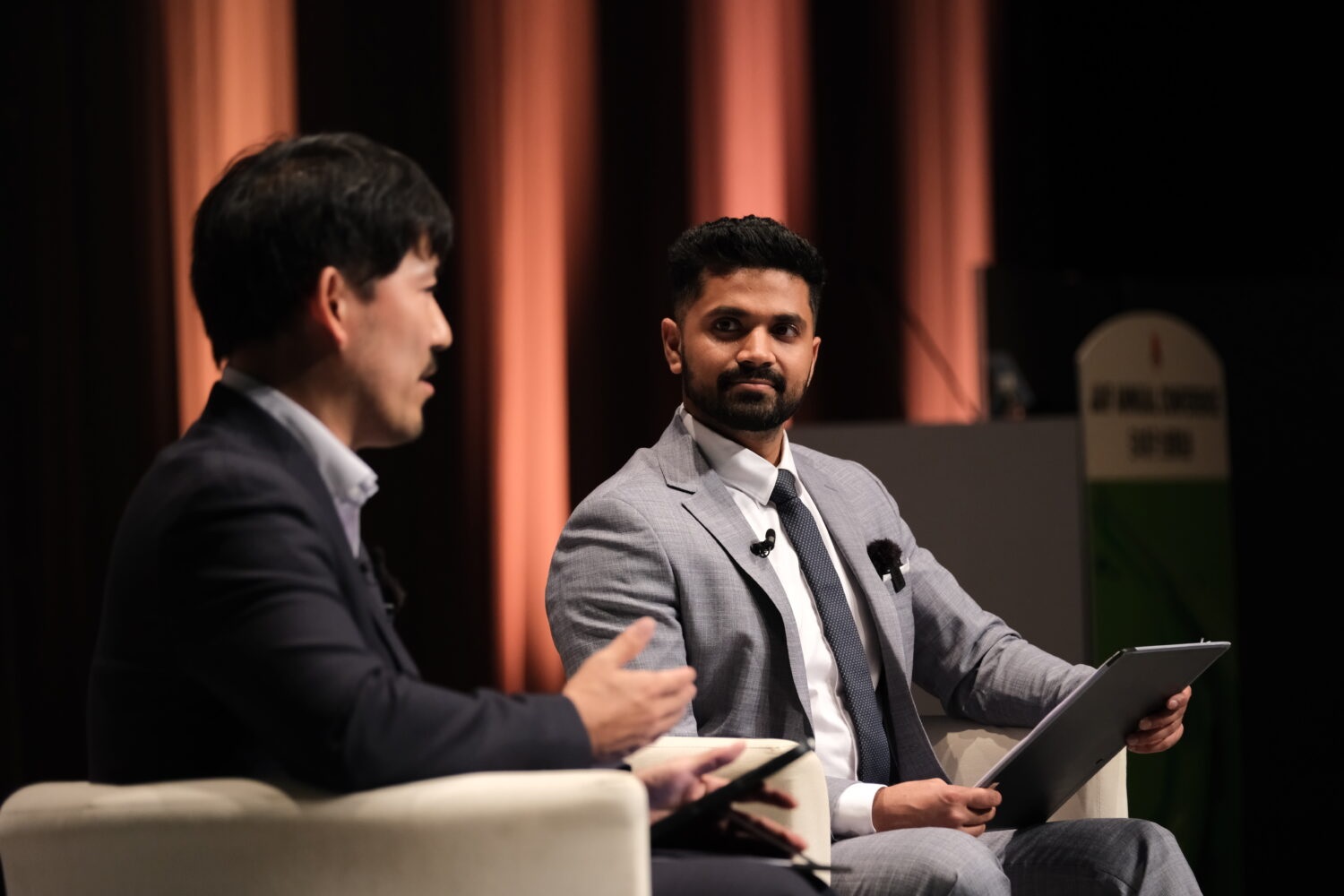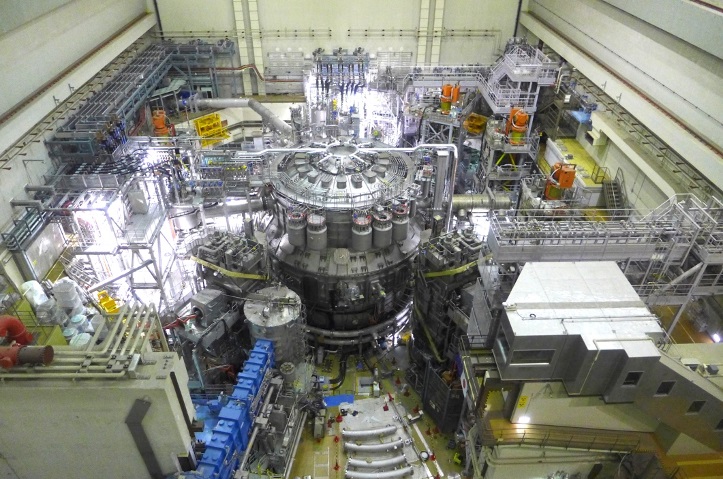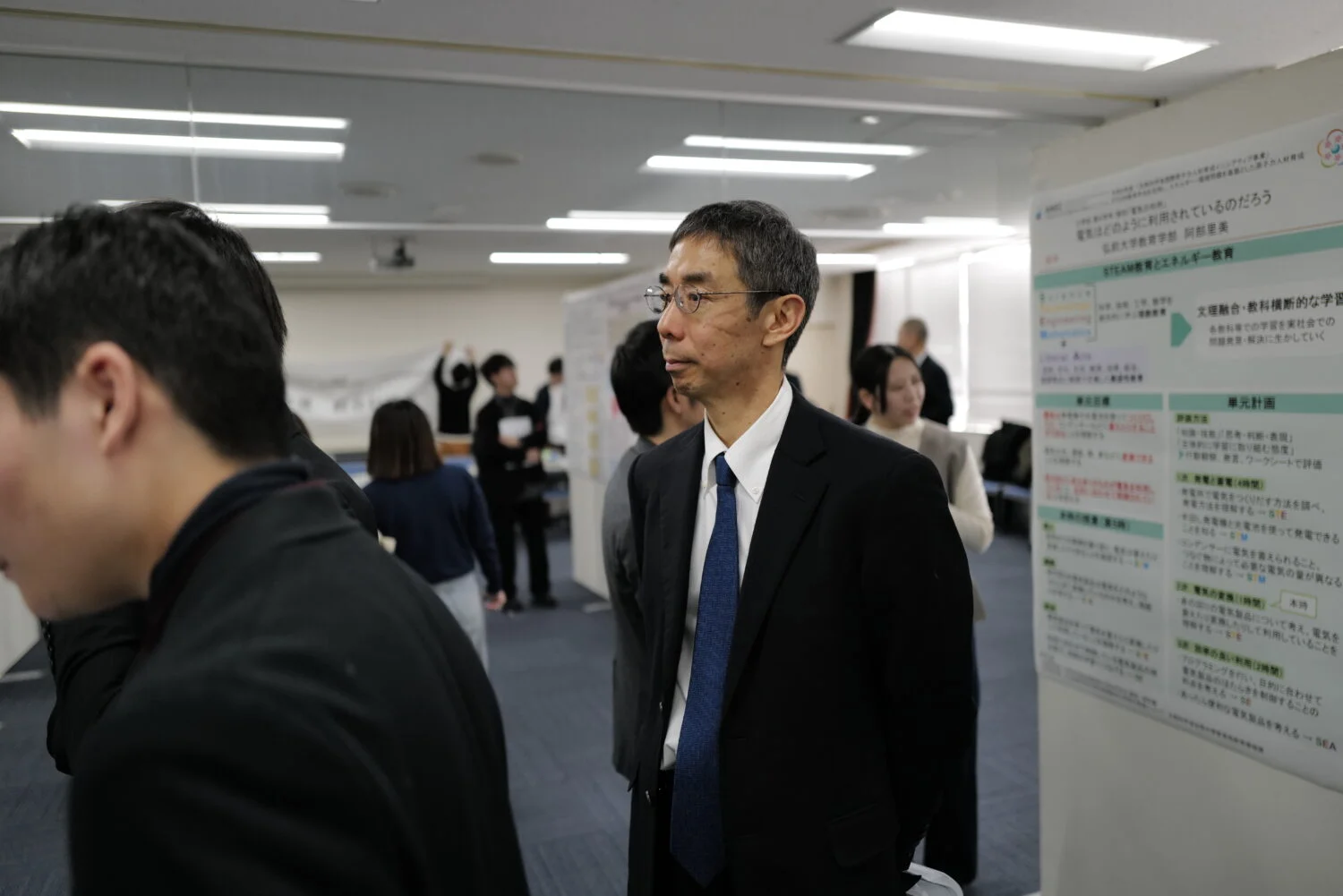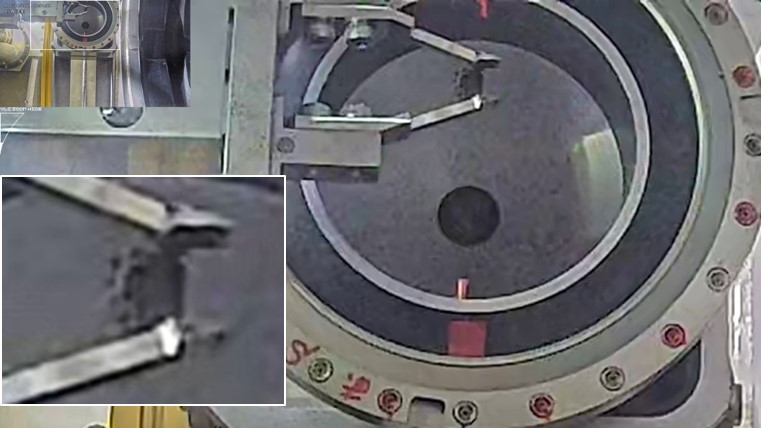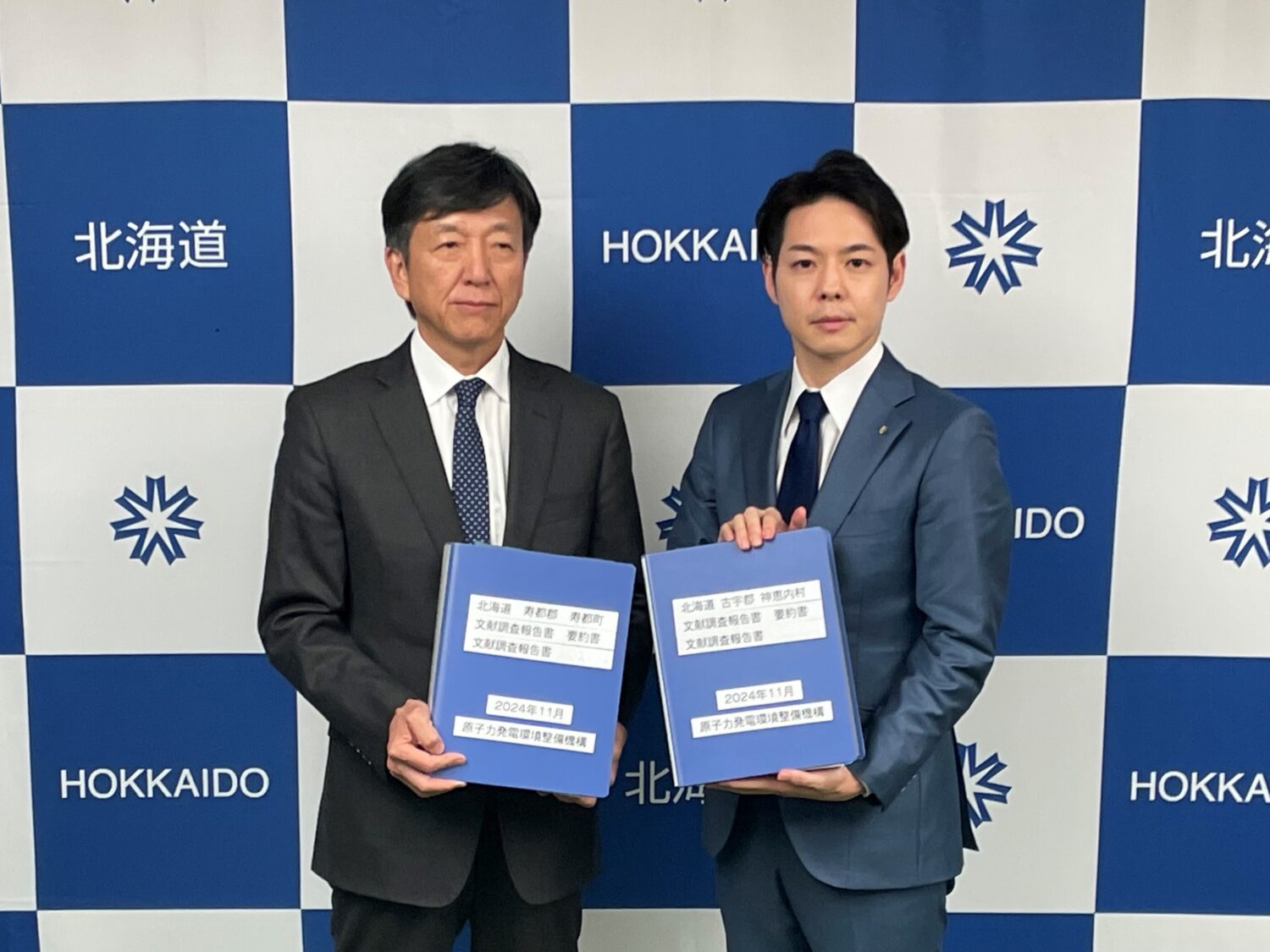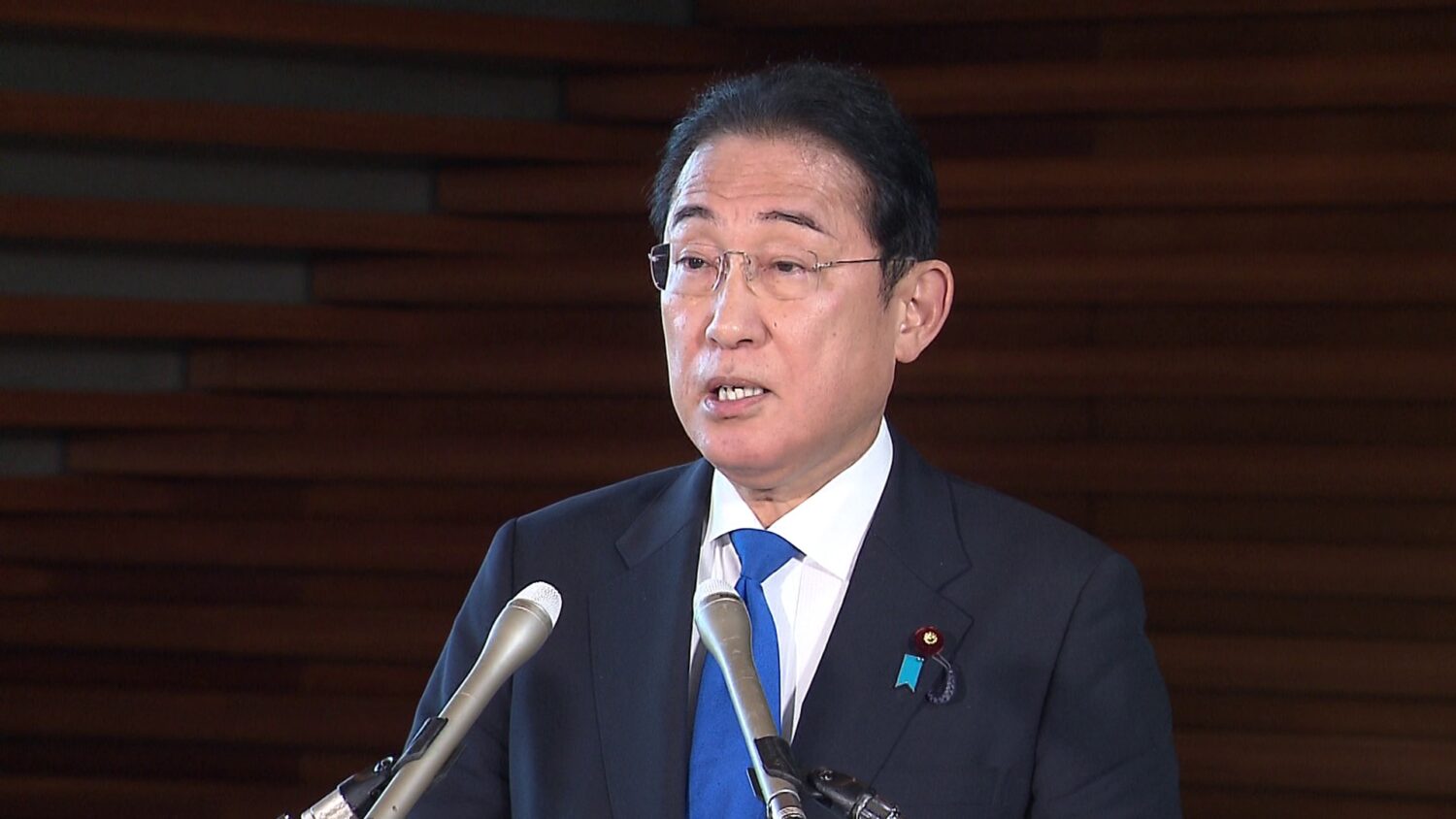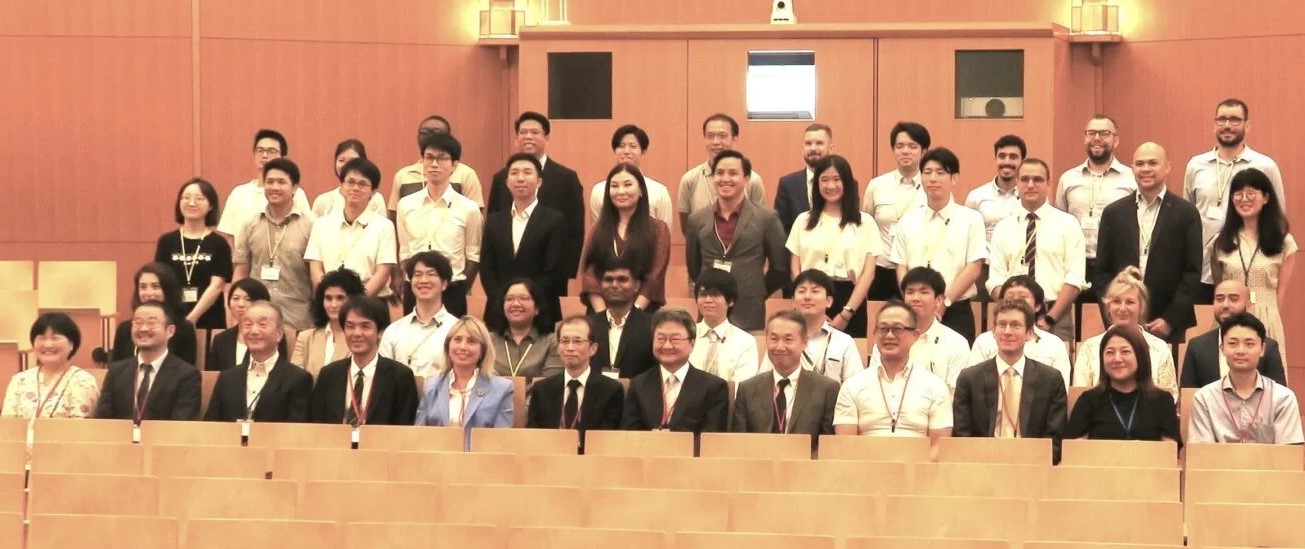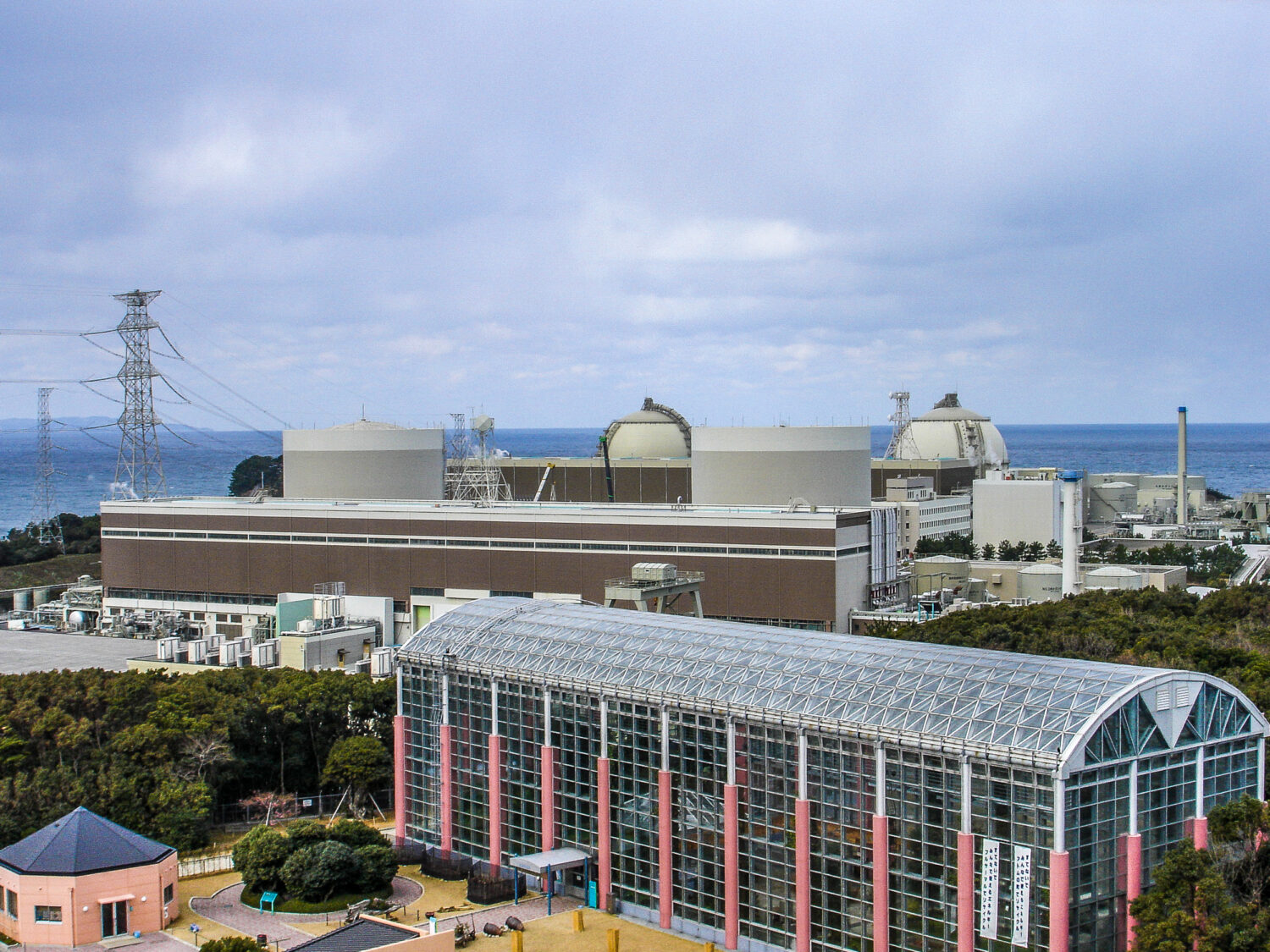Regarding nuclear power, they said that they recognized “the importance of nuclear energy as a critical and reliable source of carbon-free electricity and process heat,” and stated their commitment to greater nuclear energy collaboration toward the development and global deployment of advanced and small modular reactors (SMRs) and the creation of nuclear supply chains, among other matters.
At the meeting, the two leaders reaffirmed their intent to work together toward a world without nuclear weapons. Kishida told Biden that Hiroshima had been selected as the location of the G7 summit in 2023, when Japan will assume the G7 presidency. “Hiroshima is a most suitable place to demonstrate Japan’s commitment to peace,” the prime minister said.
At a press conference held after a Cabinet meeting on May 24, HAGIUDA Koichi, head of Japan’s Ministry of Economy, Trade and Industry (METI), referred to the Japan-U.S. summit meeting. During the minister’s earlier visit to the United States from May 2 to 6, he and Secretary Jennifer M. GRANHOLM of the U.S. Department of Energy (U.S. DOE) had agreed on the establishment of a bilateral Clean Energy and Energy Security Initiative (CEESI). Hagiuda said that the reference to the Initiative in the summit leaders’ joint statement was a “great result.”
Given the current situation in Ukraine, CEESI provides a framework for collaboration on a broad range of clean energy areas, including hydrogen and ammonia, CCUS (carbon capture, utilization and storage), carbon recycling, nuclear energy and renewable energies. METI’s Hagiuda stressed that Japan would “further strengthen cooperation with the United States.”
The Japan-U.S. joint statement also said that the Artemis program, which aims to resume human exploration of the Moon, would include a Japanese astronaut. Recalling his time at the helm of the Ministry of Education, Culture, Sports, Science and Technology (MEXT), when he had signed a joint statement with the NASA director, Hagiuda said in reference to the program that “METI will also cooperate.” Personally, he added, the next lunar rover was the technology of a Toyota Motor Corp. laboratory in Hachioji, Tokyo, where the minister himself comes from.
Japan-U.S. Joint Leaders’ Statement:- Strengthening the Free and Open International Order –
FACT SHEET: The U.S.-Japan Competitiveness and Resilience (CoRe) Partnership


